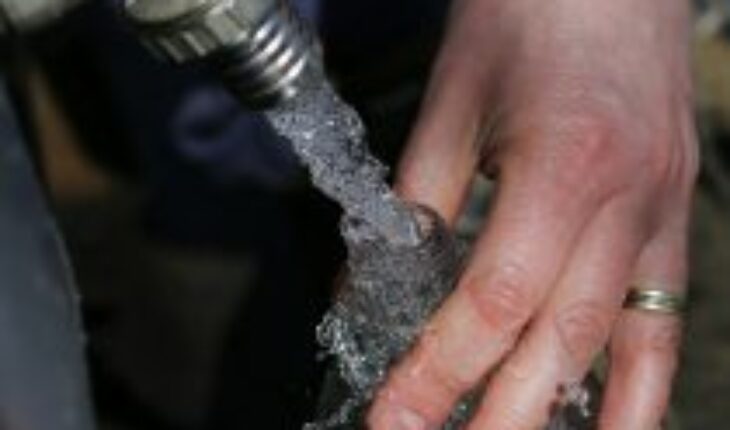A few days ago, several mayors of the area proposed the formation of a Water Table, to together face the effects of drought and unfavorable climate projections in terms of water availability and quality in the region.
The recent reform of the Water Code, although it includes priority use for human consumption and sanitation, in addition to ecosystem use, makes no progress in governance and institutionality. It will continue to be the user organizations, made up of the owners of the holders of water use rights, who make the main decisions, although now the DGA will have a slightly more important role, having the obligation to develop a strategic water resources plan for each basin, although not binding.
In addition, and here most importantly, we will continue without integrated watershed management. The reform did not make any progress on this issue. Sectioned rivers, administered separately, will follow. And as if there were no urgent need to transform how we make decisions related to water resources, we are proposed that the DGA only become an Undersecretariat within the Ministry of Public Works, and that user organizations will be strengthened, but they will not be basin organizations, with the presence of all relevant actors.
In this scenario, then, as women academics from regions and with basins with problems of insufficient water quantity and quality, with hundreds of people who receive it in cistern trucks and ecosystems that every day are deteriorating due to the separate management that is made of soil and water, we are in favor of the convenience of constituting a Water Fund in the Biobío, which implies, without a doubt, an ambitious and more efficient step in terms of water governance.
What are Water Funds? They are organizations that design and promote mechanisms (financial, governance, etc.) to protect water sources, with the objective of water security in the basin, based on the joint effort between the public, private, academic and civil society sectors, considering future projections.
There are already successful experiences in Chile and abroad. They emerged as a local response to the challenge of water security from a vision mainly focused on the conservation aspects of the basins. In Latin America, 26 Water Funds have been implemented, promoted by the Latin American Alliance of Water Funds, with the Santiago-Maipo Water Fund being the first in Chile. They have just successfully approved their 5-year Strategic Plan, starting operations in 2021 and we are fortunate to have received the offer of help.
Hopeful, then, we hope that the Biobío basin will be the second Water Fund in Chile, an effort that should be led by the regional governor, with the participation of all local entities and governments. We need it and we will work for it.
The content expressed in this opinion column is the sole responsibility of its author, and does not necessarily reflect the editorial line or position of El Mostrador.





